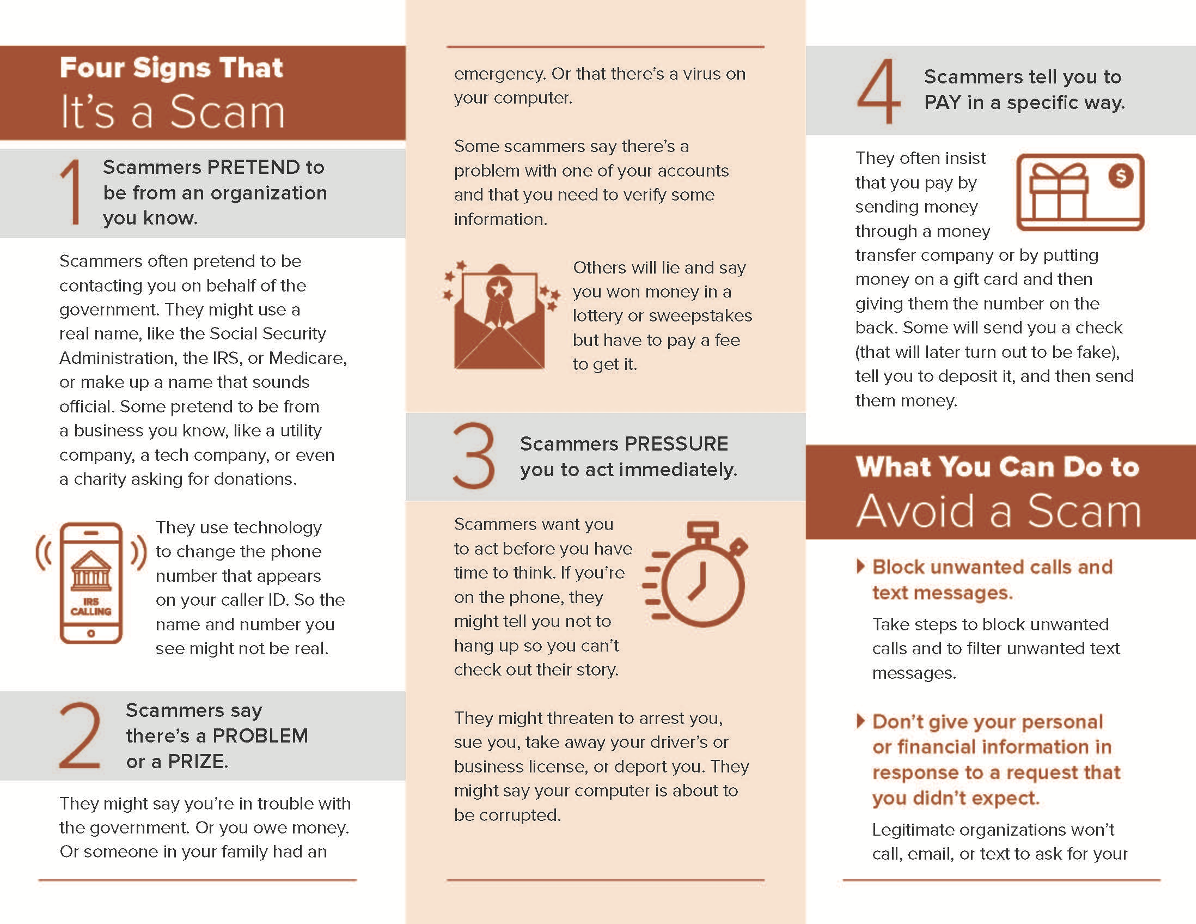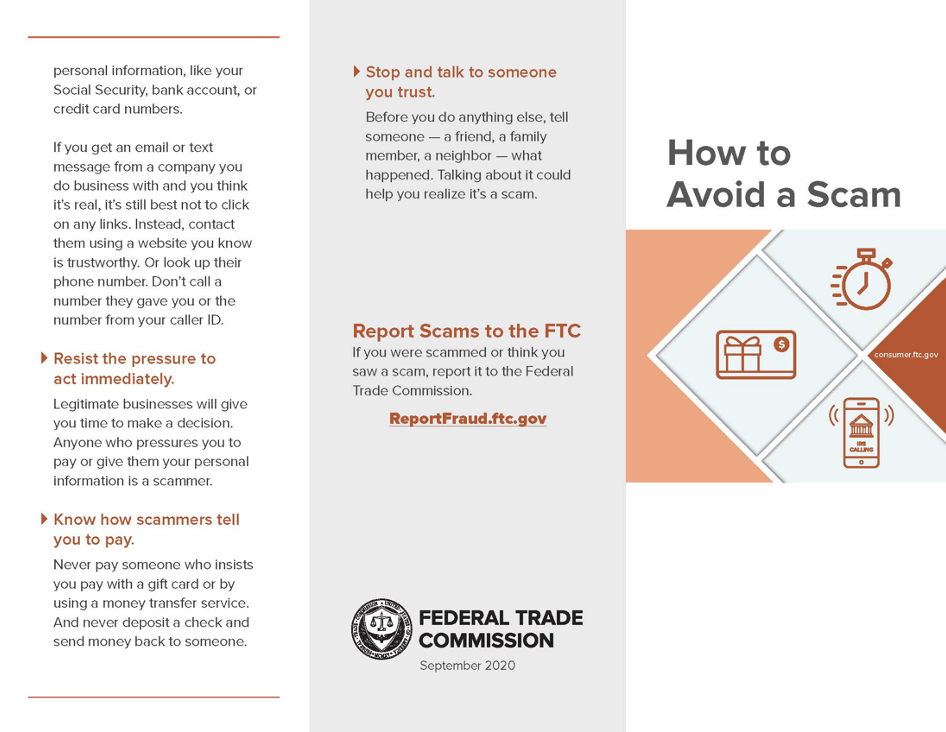
Tips to Avoid a Scam
Scammers are on the lookout, searching for ways to take advantage of your generosity and your wish to help struggling Ukrainians under attack by Russia.
The New Jersey Society of CPAs is warning residents to be careful and do some research before you donate.
Of course, there are the basics, steps you should always take to protect yourself. Never donate money over the telephone, don't click on links in emails and don't respond to high-pressure tactics to get you to pay right away. (Just hang up the telephone.)
Instead, remember there's no rush. A legitimate charity will accept your money whenever you want to give it. The organization of New Jersey accountants says you should:
- Do your research. Make sure the organization you want to donate to is a 501(c)(3) nonprofit organization. You can search on the IRS website and also search the New Jersey Division of Consumer Affairs website to make sure a charity is legitimate.
- Get more information. Research a charity further on Guidestar, which includes recent Form 990 filings, such as information about how the charity spends its money. You can find other details too, its mission statement and goals, and how long it has been around, Johnson said. Charity Navigator evaluates and rates charities. The organization also has a web page dedicated to high-performing charities engaged in Ukraine relief, Auerbach said.
- Don’t assume anything. Your friend posted a link on social media, so it must be OK, right? Your friend might not know if the charity is legit or how it spends money. Check out the charity anyway and don't click on links in social media groups or chats. Search a reputable site for the charity's website and type it in manually.
- Don’t pay with cash or a debit card. A credit card can provide more security.
- Check your accounts. After you donate, look for any suspicious activity or unauthorized charges. Set up notifications on your banking app or through your bank that will track credit card transactions and alert you to account activity.
Click here to view the entire article in the Asbury Park Press.
Four Signs That It's a Scam
If You See a Scam, Report It!
When you report a scam, the Federal Trade Commission can use the information to build cases against scammers, spot trends, educate the public, and share data about what is happening in your community. If you were scammed, report it to the FTC at ReportFraud.ftc.gov.
You can check out what is going on in your state or metro area by visiting ftc.gov/exploredata.


